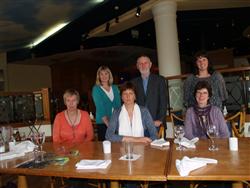
Develops management strategies for human resources in a recreation or fitness service, or facility. People are a key resource for any business. This course develops an understanding of important human resource issues such as work schedules, developing a team approach, team performace, staff recruitment, evaluating staff performance, and communication between staff. Builds on Leisure Management I, but can stand alone.